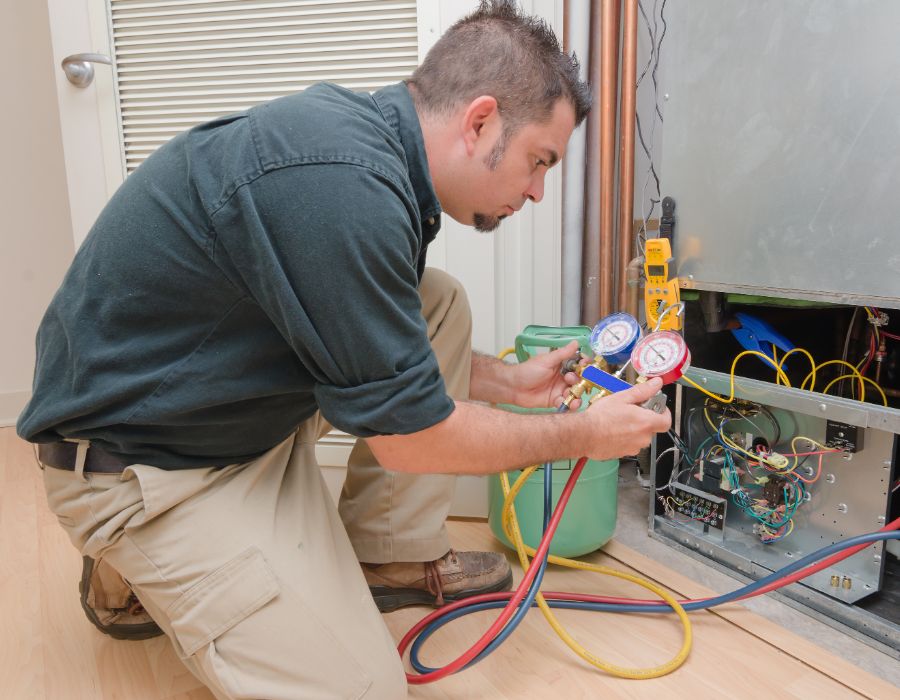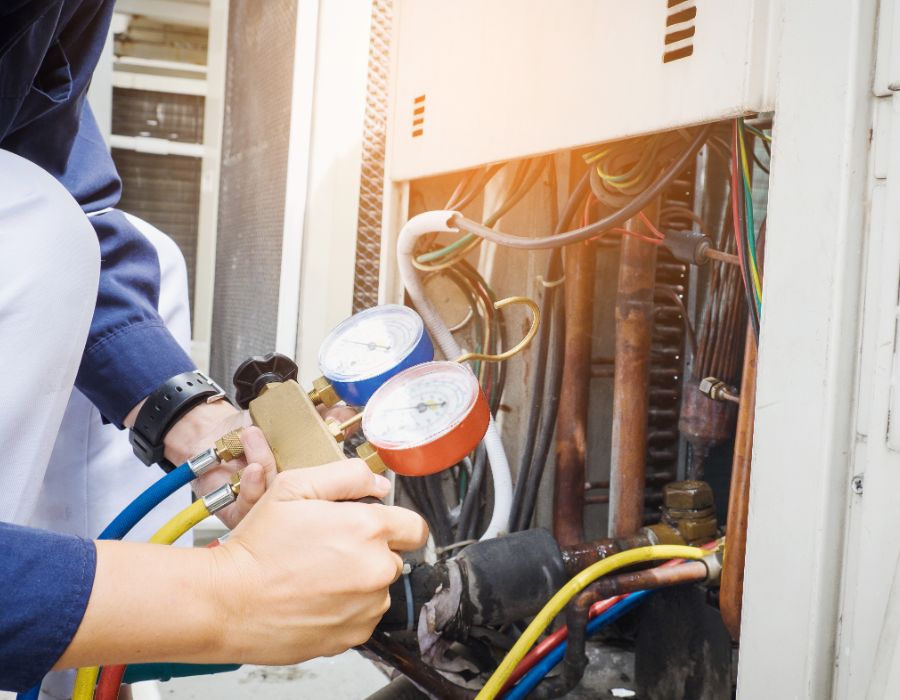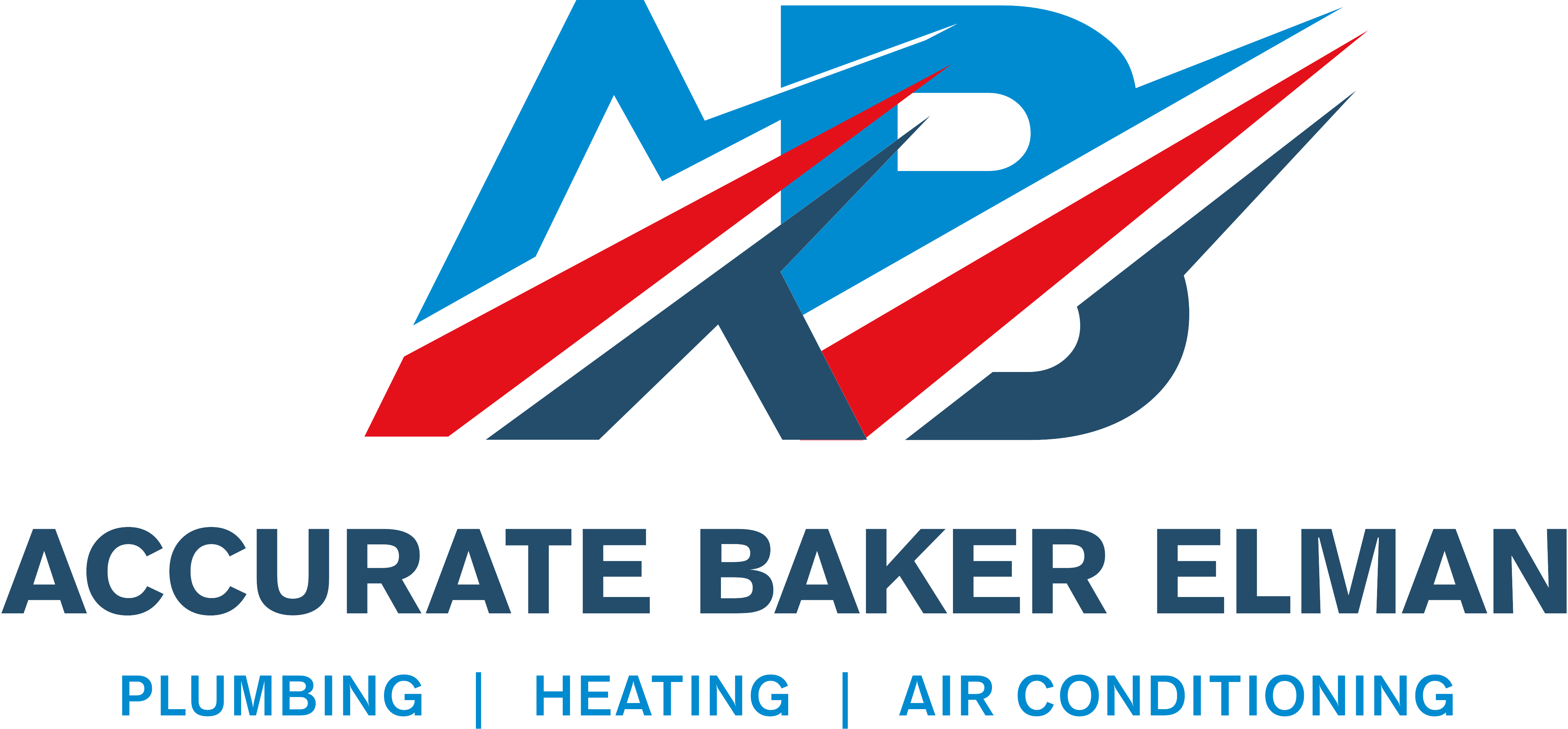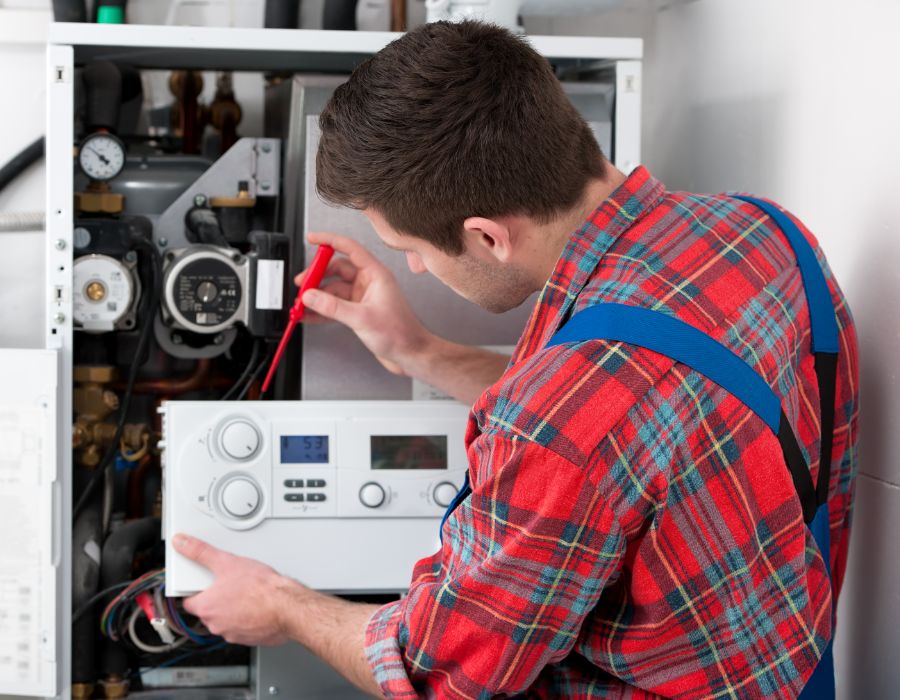Winter is coming, and it’s time to start thinking about keeping your home warm and cozy. But with so many heating options available in the market, how do you know which is best? This blog post will compare different heating systems, including furnaces, boiler, heat pumps, in-floor radiant, electric resistance, baseboard heater, and active solar and hybrid heating systems. We’ll cover everything from how they work to their advantages and disadvantages. We’ll also discuss the cost of each system so that you can make an informed decision based on your budget and lifestyle. So whether you’re building a new home or upgrading your existing heating system, read out which option is right for you.
Comparing Different Heating Systems
Choosing the right home heating system can be daunting due to the many available options. To ensure energy efficiency and cost savings, it is essential to compare different types of heaters, such as radiators, furnaces, boilers, heat pumps, electric space heaters, and more. Additionally, analyzing fuel sources like propane or natural gas and understanding HVAC system types like ductwork or mini-split systems help streamline decision-making.
When selecting a heating system, temperature control with thermostats is also critical. Radiant floor heating is an excellent option to keep you warm while using less energy. Working closely with a professional while choosing the best heating option for your unique situation is always recommended. They can help you understand your home’s heating requirements and provide expert advice on selecting the most appropriate system. A professional can also advise you on maintenance schedules and energy-saving tips that can help you save money in the long run. Ultimately, choosing an efficient and effective home heating system will keep your family comfortable during cold weather while saving money on utility bills.
Furnace Heating Systems
Furnace heating systems are among the most popular home heating systems available today. These systems use a fuel source such as propane or natural gas to heat air which is then blown through ducts or vents to heat your space. One significant advantage of furnace heating systems is that they can be used for heating and cooling. Moreover, they come in different types, like central boilers or high-efficiency units, providing homeowners with various options. In terms of maintenance, these systems require regular filter changes and annual inspections by a professional HVAC technician.

How Does a Furnace Work?
A furnace heats air using fuel and distributes it throughout the home via ductwork and vents. Fuel sources include natural gas, oil, propane, or electricity. Efficiency ratings matter for cost and environmental impact. Proper installation and maintenance are vital for safety and functionality.
Advantages of Using a Furnace
Furnaces are popular heating systems in homes due to their efficiency and affordability. They heat air using different fuel sources and distribute it through ducts. Furnaces come in various sizes and types, such as central boilers. Regular maintenance and safe fuel installation are crucial for proper functioning during cold weather.
How Much Does a Furnace Cost?
The cost of a furnace depends on brand, size, and installation requirements. Initial cost ranges from hundreds to thousands of dollars. Installation costs vary based on complexity and additional work. Ongoing maintenance and repair costs should also be considered. Research and compare prices and features to get the best value for your money when purchasing a furnace.
Boiler Heating Systems
Boiler heating systems are commonly used in homes and businesses as they circulate hot water or steam through a network of pipes or radiators to provide warmth. These systems have various types: central boilers, hydronic systems, hot water systems, and radiant floor heating. When choosing a suitable system for your home or business, it is essential to determine the fuel source, space available for setting up the system, and maintenance costs. Boilers can be powered by natural gas, propane, or biodiesel. Installing high-efficiency boilers can help reduce energy consumption while keeping utility bills low.
How Does a Boiler Work?
Boilers heat water and distribute it through pipes to provide warmth through radiators or underfloor heating. They can be fueled by gas, oil, or electricity, and modern ones are highly efficient. Regular maintenance is crucial for safety and efficiency, saving homeowners money on energy bills.
Advantages of Using a Boiler
Boiler heating systems are popular among homeowners due to their high-efficiency ratings, consistent heat, and minimal maintenance requirements. They provide comfortable warmth without drying out the air and can also be used to heat water. Homeowners can save money on their bills over time by prioritizing energy efficiency.
How Much Does a Boiler Cost?
The cost of a boiler depends on its type, size, efficiency rating, and installation costs. It ranges from several hundred to several thousand dollars. Installation costs include labor and materials. Homeowners should consider all factors when purchasing a new boiler, including energy efficiency, which may save them money. Making an informed decision is essential when considering your home and budget.
Heat Pump Heating Systems
Heat pumps are an energy-efficient option when it comes to heating systems. They extract heat from the outside air, which is then transferred into your home. This unique process makes them ideal for moderate climates and can save money on your monthly utility bills. Heat pumps are also versatile, providing heating and cooling for your home. When choosing a heat pump, it’s essential to consider the size of your home to ensure optimal performance and efficiency. Other factors, such as temperature control and fuel source, should also be considered.
How Does a Heat Pump Work?
Heat pumps transfer heat from outdoor air or the ground to warm your home, using electricity to move heat rather than generate it.
To avoid voiding your warranty and causing further issues, it’s best to seek professional help for heating repair. Complex systems like boilers, furnaces, and heat pumps require special tools and equipment. Professional service ensures customer satisfaction and prevents gas leaks or unclean ducts from affecting indoor air quality. Don’t hesitate to call for help in these situations:
No heat
If your heating system is not producing any heat, it’s a clear indication that there is a problem. A professional technician can diagnose the issue and provide the appropriate repairs to get your system working again.
In-Floor Radiant Heating Systems
Suppose you’re looking for efficient and consistent home heating systems that don’t require ductwork or noisy blowers to distribute heat evenly throughout your rooms or floors. In that case, in-floor radiant heating systems are an excellent choice. Using pipes or electric heating elements installed beneath various flooring materials like tile or hardwood floors, these systems provide energy-efficient heating with minimal maintenance requirements and a long lifespan. Their gentle heat radiating from below creates a comfortable indoor environment while preserving optimal indoor air quality levels without dryness problems like those associated with forced-air heat delivery methods.
Electric Resistance Heating Systems
Electric resistance heating systems are cost-effective for those seeking to heat their homes. These systems utilize resistors to convert electricity into heat and are available in various types, including baseboard heaters and radiant floor heating. Though less efficient than other home heating methods, electric resistance heating can provide sufficient warmth for smaller areas. When selecting electric resistance heating, it’s essential to consider factors like size, energy efficiency, and upfront costs for optimal performance. It’s worth noting that electric resistance heating is also relatively easy to install and maintain compared to other heating systems.

Baseboard Heater Heating Systems
In-floor radiant heating systems provide even and consistent heat throughout the room. These energy-efficient heating systems can be installed under various flooring materials, including tile, hardwood, and carpet. They don’t require any ductwork, which reduces dust and allergens circulating in the air. In-floor radiant heating systems have a long lifespan and require minimal maintenance. Meanwhile, consider using baseboard heaters if you’re looking for a cost-effective option for small areas or apartments. They operate silently without requiring any ductwork and can easily be controlled individually.
Active Solar Heating Systems
Consider active solar heating systems if you’re looking for a sustainable way to heat your home. They use solar energy to produce warm air or hot water that can be used for home heating purposes. Homeowners should consider efficiency, maintenance needs, and overall cost when deciding whether an active solar heating system is correct. By harnessing the sun’s power with a compressor, this system can help reduce your reliance on fossil fuels while keeping you comfortable indoors.
Hybrid Heating Systems
Hybrid heating systems offer several advantages over traditional Heating Systems. They allow homeowners to experience the benefits of multiple heat sources, making them more energy-efficient and cost-effective. Hybrid Heating Systems are customizable to suit individual needs, ensuring maximum comfort in homes and businesses. It’s essential to note that maintenance and upkeep should be done by professionals with specialized knowledge or expertise, ensuring optimal performance. Before deciding on a Hybrid Heating System, it’s crucial to consider factors such as climate, utility rates, and environmental impact. With their energy efficiency and flexibility, Hybrid Heating Systems are an excellent choice for homeowners looking for sustainable Heating Solutions.
Conclusion
Choosing the right heating system for your home is crucial for comfort and energy efficiency. Each system has its pros and cons, from furnaces to heat pumps. Accurate Baker Elman understands this importance and offers a range of high-quality heating systems, including boilers and radiant systems. Our team helps you select a system that fits your budget and needs, with expert installation and maintenance support. Contact us today to schedule an appointment or learn more about our heating options in Massachusetts.

